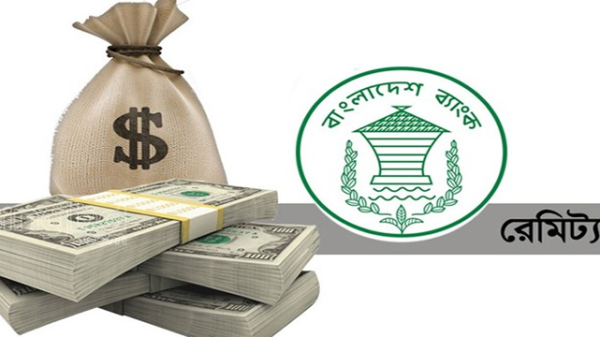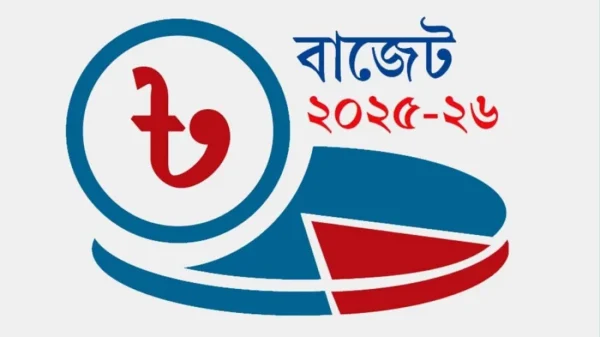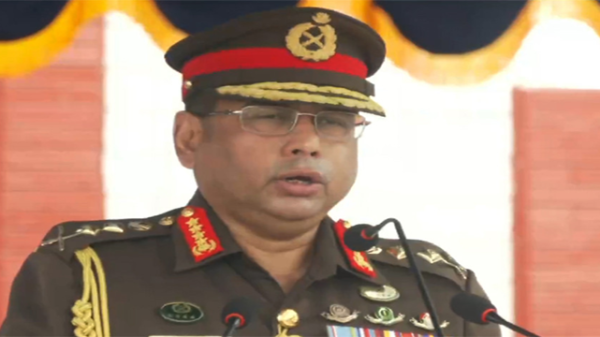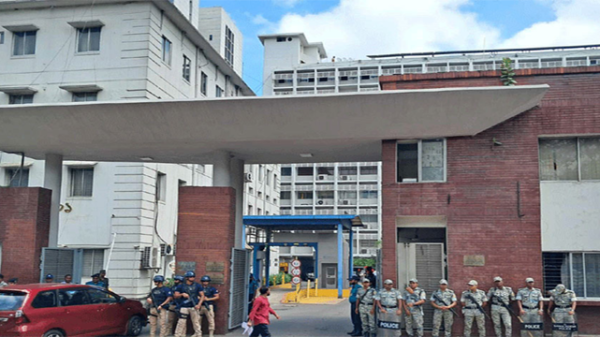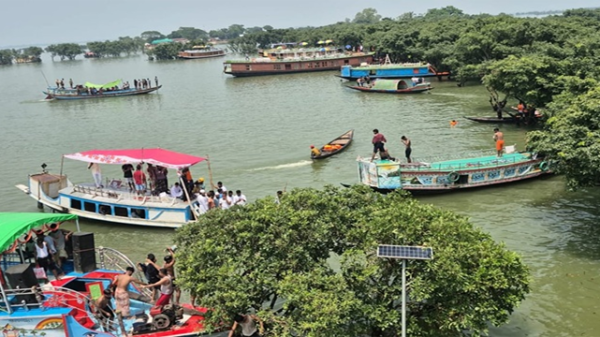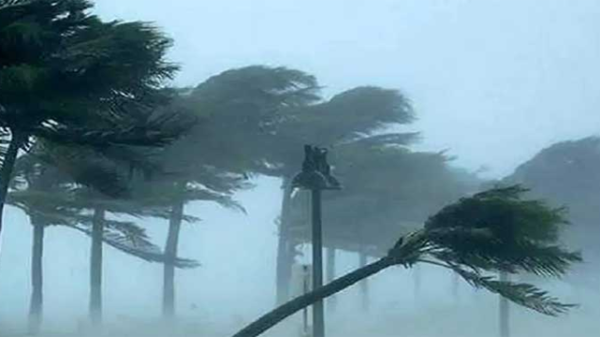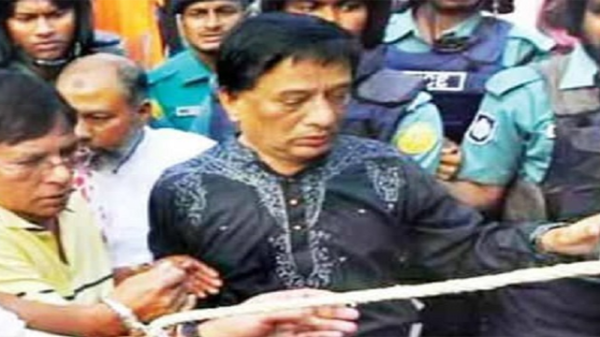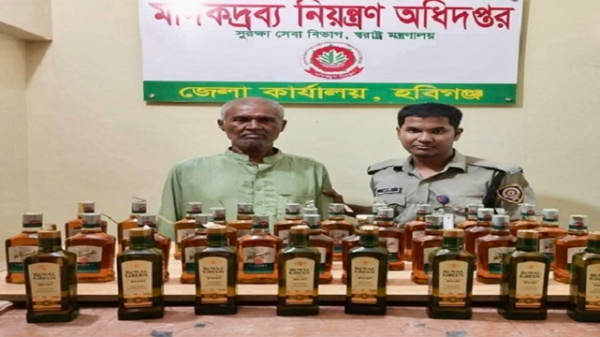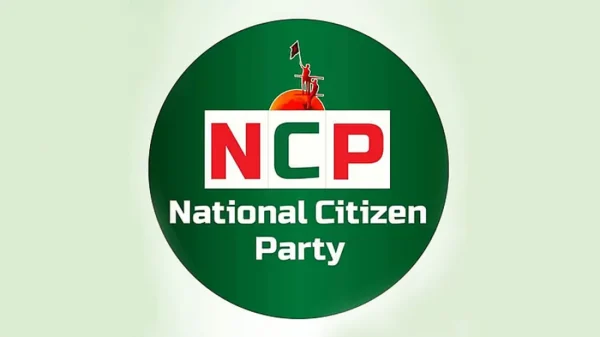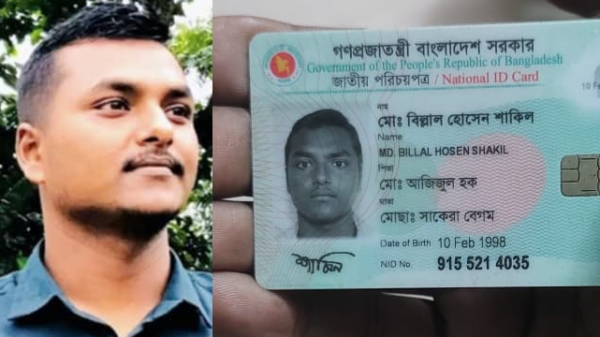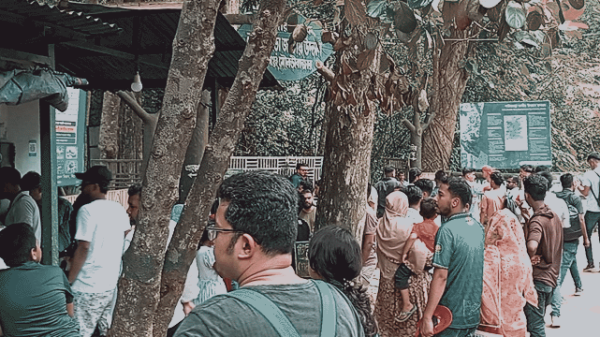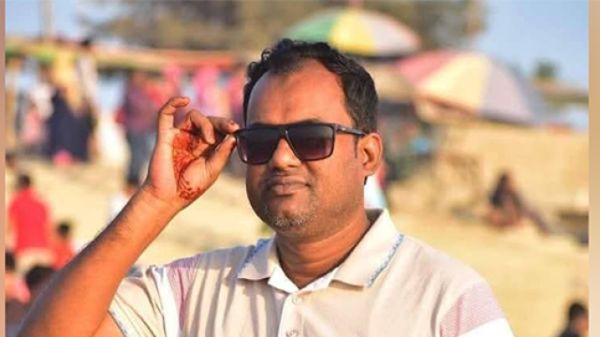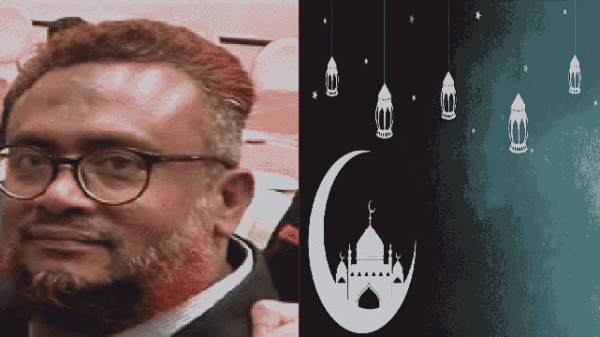Why does BNP want elections in December?
- প্রকাশিতঃ রবিবার, এপ্রিল ২০, ২০২৫
- 26 বার সংবাদটি পড়া হয়েছে
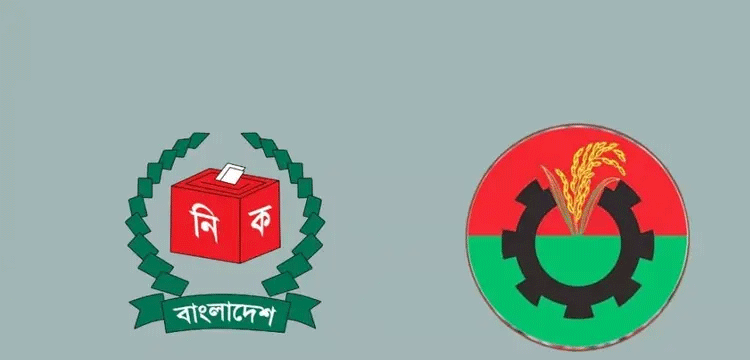
Amin Al Rasheed
Following the fall of the Awami League government on August 5 under the pressure of a mass uprising, an interim government was formed on August 8 under the leadership of Dr. Muhammad Yunus. The BNP (Bangladesh Nationalist Party) is considered a significant stakeholder in this government, as it was one of the political parties consulted during its formation. Moreover, with the ousting of the Awami League, the BNP has emerged as the country’s most influential political force. Yet, despite its position, the BNP’s relationship with the interim government has increasingly grown distant—particularly over the issue of the roadmap and timing of the national election. This tension became starkly visible on Wednesday, April 16, when the BNP Secretary General, Mirza Fakhrul Islam Alamgir, made a strongly worded statement during a meeting with the Chief Adviser of the interim government.
In a written statement presented at the meeting, Fakhrul emphasized that with necessary legal and institutional reforms, it would be possible to hold free, fair, and credible national elections by this December. Speaking to journalists afterward, he said the party was not satisfied with the discussions. According to him, “The head of government wants elections sometime between December and June. But we have clearly stated that if elections are not held by the December cut-off, the political, economic, and social situation of the country will deteriorate further. It will then become difficult to control.”
Initially, the BNP had demanded elections by July-August. On January 14, Fakhrul had explicitly called for elections by mid-2025, arguing that any delay would deepen the political and economic crisis. “There’s no alternative to an elected government,” he said at the time.
Now, the BNP has shifted from demanding a July-August election to calling for elections by December. The interim government, meanwhile, has offered two possibilities: elections in December if political parties agree to minimal reforms, or elections in June next year if more extensive reforms are pursued. This clearly means that the timeline depends on consensus—if parties agree on limited reforms sufficient for a fair election, then polls can be held this year; if not, the process could be delayed.
Even if the government pushes elections to next June, the time gap with the BNP’s demand is only six months. Whether the BNP can bridge this gap through negotiations depends on its political strength and unity with its allies. But beyond logistics, the more pressing question is: Why does the BNP want elections in December—or earlier in July-August to begin with?
Here are the BNP’s stated reasons:
- Restoring Voting Rights:
The BNP believes the massive turnout during the July uprising stemmed largely from public outrage over having been denied voting rights for nearly 15 years. The previous regime allegedly dismantled the electoral system to eliminate competition and suppress rival parties. Therefore, restoring people’s right to vote and ensuring political participation is urgent. - Return to Democratic Process:
According to the BNP, the country had been under authoritarian rule disguised as democracy. The fall of the Awami League has created an opportunity to restore genuine democratic governance, beginning with a free and fair election. - Law and Order:
The party argues that the interim government has not managed to restore public confidence in law and order since August. Mob violence and unrest continue in many areas, sometimes reportedly with government complicity. Restoring law and order would be easier under an elected government, although some doubt whether a quality election can be held amid such instability. - Economic Crisis:
While remittance inflows have improved, many factories have shut down since August, causing job losses. Financial instability persists, and banks remain mismanaged. Investors are hesitant under an unelected government, and BNP believes a swift election would help revive economic confidence.
Beyond these public arguments, there are several political factors not explicitly acknowledged by the BNP but widely discussed:
- Fear of Prolonged Caretaker Government:
Social media is rife with speculation that the interim government might stay in power for five years, with Dr. Yunus as Prime Minister. One of its key allies, the National Citizens’ Party (NCP), even supports this idea. This has likely raised alarms within the BNP, prompting them to demand elections by December. - NCP’s Reform-First Stance:
The NCP insists that elections should only happen after prosecuting the previous regime and implementing major reforms. Without these conditions met, they won’t participate. This could stall elections indefinitely—a possibility the BNP fears. - Rebuilding Ties with Jamaat-e-Islami:
Though relations with Jamaat had soured, recent signs suggest a thaw. Jamaat leaders recently met with Khaleda Zia and Tarique Rahman in London, and soon after, Jamaat’s leader demanded elections before next year’s Ramadan—similar to BNP’s December timeline. The BNP may see this as an opportunity to unite opposition forces and push harder for elections. - Interim Government’s Alleged Favoritism:
Those who led the uprising and toppled the Awami League may not accept any other party forming the next government. Even if the NCP cannot win alone, it likely expects a major role. The BNP fears that the interim government may delay elections until the NCP is electorally ready, thereby extending its rule. - Internal Disorder:
Many BNP leaders who had been marginalized or imprisoned have quickly moved to reassert their influence. In some cases, this has led to internal turf wars, extortion, and violence. Human rights groups report dozens of deaths from BNP infighting. The party believes further delays will worsen this chaos and erode public trust. - Nomination Challenges:
Each BNP parliamentary seat has multiple aspirants. The party fears that the longer it waits, the more difficult it will be to manage internal competition and potential rebellion. - Awami League’s Potential Comeback:
Though the Awami League’s political future remains uncertain, its deep-rooted presence cannot be underestimated. Even if its leaders are legally barred from elections, the BNP worries that delay will give the Awami League time to reorganize. Early elections could prevent this.
There are still eight months until December. Within that time, the government could implement key reforms to ensure free, fair, and credible elections. These include: legal and administrative restructuring; abolishing the provision for uncontested wins; amending electoral laws to curb black money and muscle power; improving law and order; stabilizing the economy; and repealing repressive laws like the Cyber Security Act. If the government acts in good faith and builds consensus with political parties, elections could even be held by October.
But if the government delays elections to give any party more preparation time, or uses street-level actors to manufacture political instability as a pretext for extended rule, the consequences will be damaging—not only for the government and opposition parties but for the entire nation.


